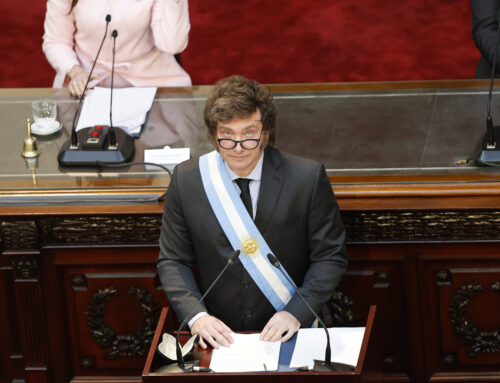Recent data indicates a substantial decline in poverty and extreme poverty (indigence) rates in Argentina, coinciding with President Javier Milei’s economic reform agenda.
Poverty Rate Declines
According to the latest estimates from the Nowcast of Poverty by the Universidad Torcuato Di Tella, the poverty rate for the period November 2024 to April 2025 is projected at 35.4%, with a 95% confidence interval between 33.9% and 36.9%. This represents a significant decrease from the 51.0% recorded in the same period the previous year.
Extreme Poverty (Indigence) Rate Falls
The extreme poverty rate has also seen a notable reduction, dropping from 17.8% to 7.8% over the same period. This 10 percentage point decrease suggests improvements in the living conditions of the most vulnerable populations.
Factors Contributing to the Decline
The decline in poverty and indigence rates is attributed to several factors
-
Real Income Growth: Household incomes have increased at a rate surpassing inflation. For instance, in the Greater Buenos Aires area, the average Total Family Income (ITF) rose by 126.0% year-over-year, while the Basic Total Basket (CBT) increased by 67.6%.
-
Economic Policies: President Milei’s administration has implemented policies aimed at stabilizing the economy, including fiscal austerity measures and deregulation, which have contributed to controlling inflation and promoting economic growth.
Conclusion
These developments suggest that the economic reforms undertaken by the Milei administration are having a positive impact on reducing poverty and improving living standards in Argentina. Continued monitoring and analysis will be essential to assess the long-term sustainability of these trends.
👉 Stay informed about Argentina’s economic progress. Share this article to spread awareness of the country’s efforts to combat poverty.






Leave A Comment